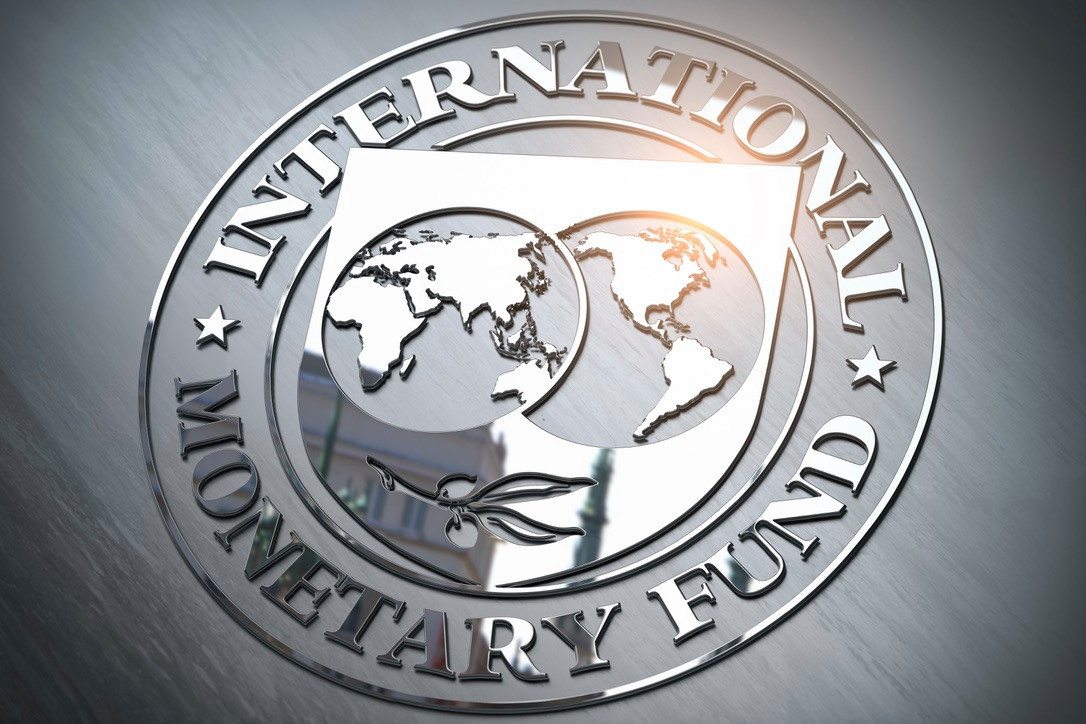Luxembourg’s insurance market is heavily influenced by foreign parent companies, stated the International Monetary Fund in a recent report on insurance regulation and supervision in Luxembourg. Published in June 2024, the highlights substantial transformations within the sector following Brexit and underscores Luxembourg’s pivotal role as a destination for UK insurers relocating to maintain cross-border operations within the European Economic Area through the passporting system.
International influence
The IMF noted that Luxembourg’s insurance sector is disproportionately large compared to its economy, with assets reaching €289bn by June 2023--equivalent to 372% of grand duchy’s GDP--significantly higher than its European peers. However, despite this vast scale, only 6% of the sector’s technical provisions are dedicated to domestic risks. This figure includes entities domiciled in Luxembourg that lack substantial local economic ties, further reducing the actual share of local business.
Innovation hub
Luxembourg has solidified its status as a leading hub in Europe, particularly in non-life reinsurance and unit-linked life insurance, noted the IMF. This international role has been bolstered post-Brexit, with a majority of insurance activities conducted cross-border. France dominates the life insurance sector, accounting for 42% of gross premiums, while the non-life sector exhibits greater diversification, extending beyond the EEA.
Sector consolidation
According to IMF, recent years have witnessed significant consolidation within Luxembourg’s insurance landscape. The number of life insurers decreased from 41 in 2018 to 34 by the end of 2022, driven largely by domestic mergers that aimed to consolidate assets within the Luxembourg market. Conversely, the non-life insurance sector remained stable, even amidst the relocation of twelve British insurers in 2018 and 2019. As of end-2022, Luxembourg hosted 38 non-life insurers, alongside 49 reinsurers and 152 captive insurers.
Market concentration is notably pronounced in the reinsurance sector, where the top three entities command a combined 76% share of assets. Comparable figures for the life and non-life sectors stand at 42% and 62%, respectively. The majority of insurers domiciled in Luxembourg operate as subsidiaries of foreign groups, with only 23 out of 126 insurers having domestic parentage, predominantly within the insurance sector.
Economic trends
Since 2022, rising interest rates have had a profound effect on policyholder behaviour, leading to increased lapse rates, stated the IMF. However, the risk of liquidity remains mitigated, primarily due to provisions in many unit-linked contracts that allow for redemptions in kind. Products targeting high-net-worth individuals typically incur minimal redemption penalties. Nevertheless, the surge in interest rates has prompted policyholders to consider early redemptions to repay variable-rate loans or seek higher returns, notably affecting life insurance products with interest rate guarantees.
Regulatory recommendations
In response to sector growth, the IMF advised for enhanced independence and internal governance of Luxembourg’s insurance commission (CAA). The report recommended bolstering on-site inspection tools, developing risk-based supervision indicators and assessing climate risks and protection gaps in collaboration with stakeholders.
